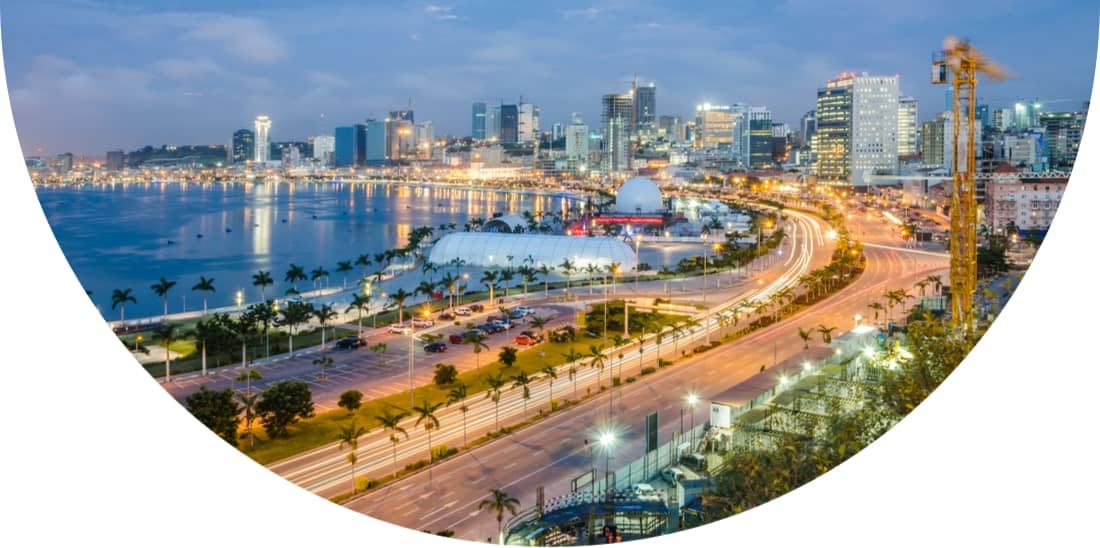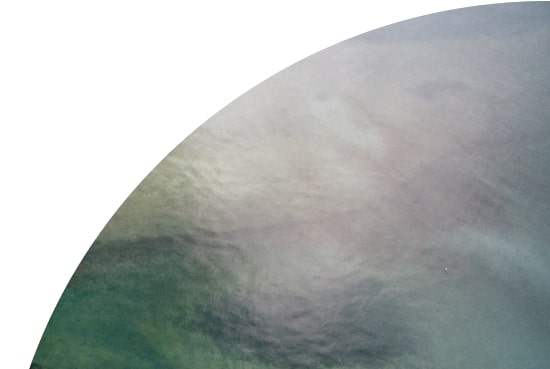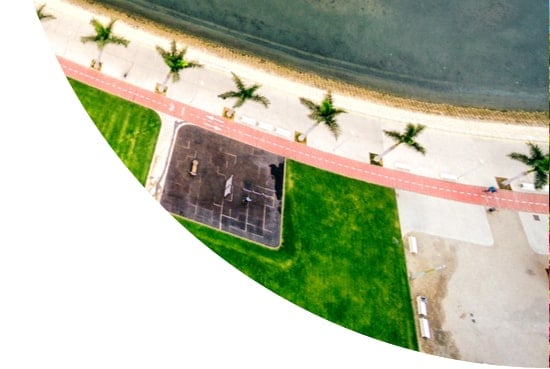Rift Valley fever (RVF) is an acute, fever-causing viral disease that usually affects domesticated animals (such as cattle and sheep), but can also infect and cause illness in humans. The majority of human infections are caused by direct or indirect contact with the blood or organs of infected animals.


Travel Vaccinations for Angola
Recommended Vaccines for Angola
The level of protection needed depends on your medical history and travel itinerary. Book now to get a personalised recommendation from our specialist travel nurses. The consultation costs £20 plus any vaccines you decide to take.
Vaccines Advised To Some Angola Visitors
Flexible appointments with no upfront payment
Book Now
Destination Information for Angola
This remote country in central Africa remains very poor since being caught in the grips of a civil war from 1975 to 2002. Despite the desperate situation many Angolan people have lived though, the country is has plenty of natural resources, including oil, diamonds, agricultural land and hydroelectric power. Very few locals understand English, so you’ll need to know some Portuguese if you’re planning a visit.
With beautiful national parks, stunning tropical beaches and some fabulous architecture on offer, it’s definitely worth a visit to Angola. Recent developments in transport have made it easier to navigate the country by train. Top up your tan on one of the country’s beautiful beaches, complete with tropical palm trees; adrenaline junkies can try out watersports, and foodies will delight in locally sourced fish and traditional cuisine. For fantastic scenery, unspoilt landscapes and natural beauty, come and see the recovery of this isolated country for yourself.
Infections and Outbreaks frequently change from country to country and by attending our clinics you will be given the most up to date clinical and safety advice from our team of specialists. Our advice to you often includes aspects such as:
- Food and water hygiene
- Insect and animal bite avoidances
- Personal safety
- Sexually transmitted infections
- Sun protection
- Altitude sickness
Malaria and regions within country:
There is a high risk of P.Falciparum malaria throughout the country and anti-malarial medication is advised.
Additional Health Risks Information for Angola
Most visits to Angola pass trouble free. If you’re visiting the capital Luanda, be aware that there is a high level of crime in the city, so take sensible precautions to protect yourself and your valuables. Don’t walk around after dark, don’t carry or wear expensive items too obviously, and be especially vigilant when in crowded areas such as markets and other tourist spots, as criminals are known to target foreigners. The Cabinda province on the northern part of the west coast of Angola is advised against for all but essential travel, due to high incidences of violent crime.
Road conditions in Angola are poor, and if you are travelling between or outside of major towns it is advisable to travel in convoy. Unexploded mines can be found, and there is also the possibility of detention by security services or even armed bandits, due to the presence of diamonds in some areas of the country.
Angola is a yellow fever and a high risk malaria zone, so consult a travel clinic for all the necessary vaccines, malaria tablets and travel health advice before travelling. Healthcare outside of the capital is limited. In Luanda there are a number of private clinics run by external organisations, but these will be expensive and expect payment for treatment in advance. Local doctors and nurses are extremely scarce. Angola has been identified as having a risk of Zika virus. Avoid all visits to the country if you are pregnant or are planning to become pregnant, and take extra steps to prevent mosquito bites, using 50% Deet insect repellent.



